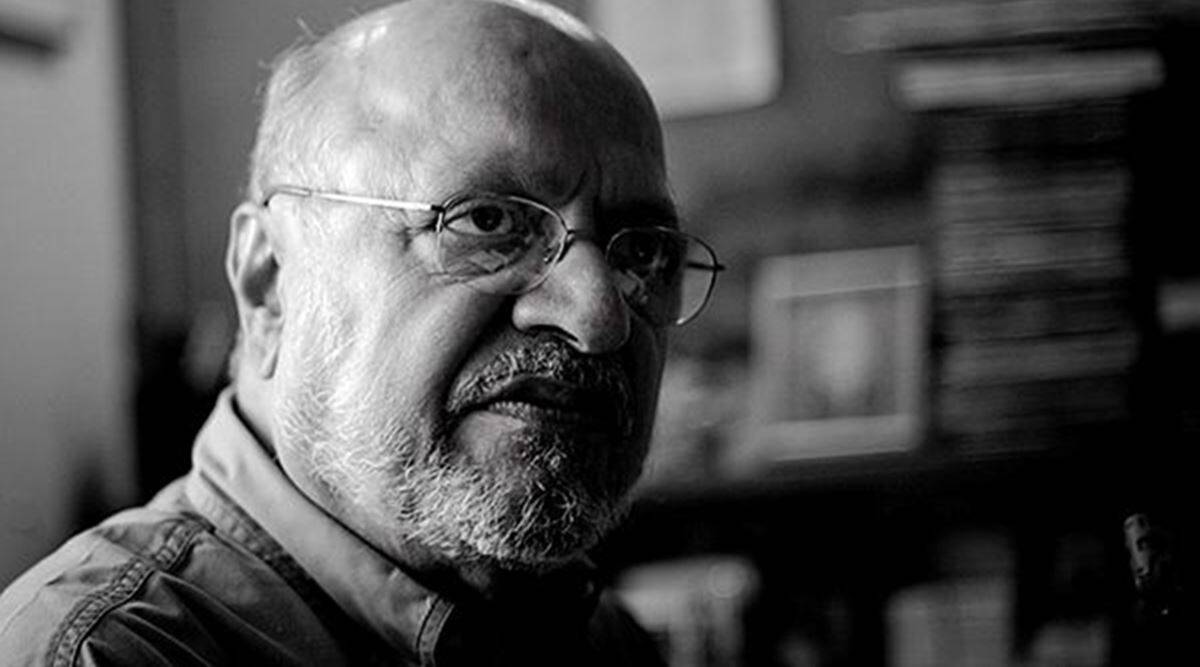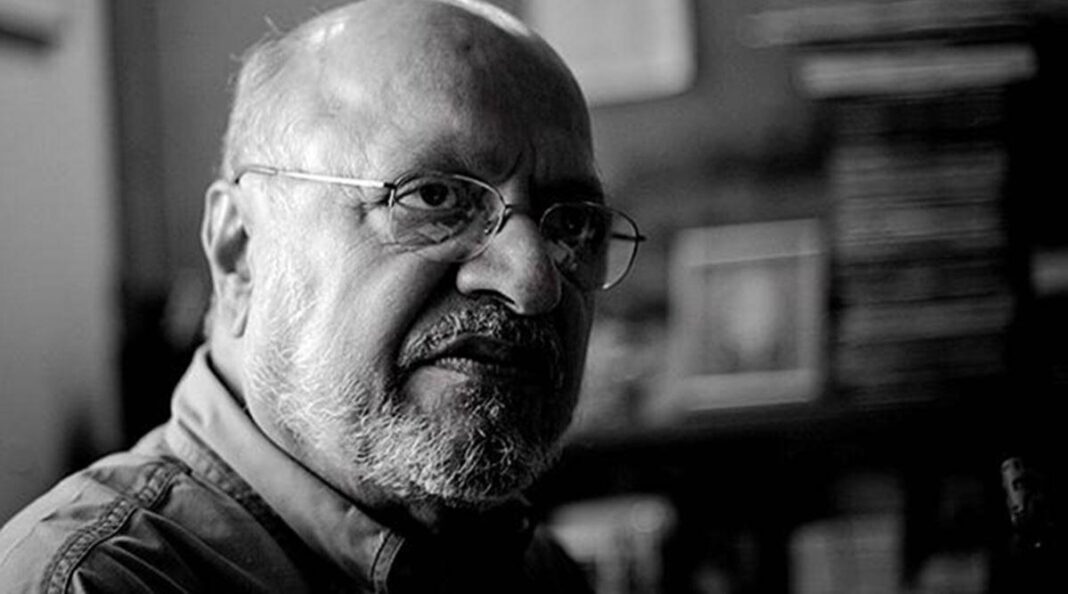
Written by Ananya Ghosh
Shyam Benegal, 86, is in Dhaka busy wrapping up his magnum opus on the life of Sheikh Mujibur Rahman — the central figure behind the Bangladesh Liberation Movement and the founder of independent Bangladesh. He has already braved the pandemic and shot a major chunk of the shoot in Mumbai’s Film City.
This is not his first stab at a biopic of a national hero. Before Bangabandhu there was Bose. In 2004, Benegal had made Netaji Subhas Chandra Bose: The Forgotten Hero. Apart from speaking the same language, both were controversial figures in the history of the independence movement of their respective countries, making these lavishly-mounted projects more challenging. But while Bangabandhu is a commissioned work– India’s National Film Development Corporation (NFDC) and Bangladesh Film Development had signed an MoU to jointly produce the biopic—Bose came from a more personal space. It was a film he had started researching for almost unknowingly, at a time he didn’t have any idea that he was to become one of the foremost filmmakers of the country and the poster boy of Indian New Wave cinema. In fact, he was then still a child and Bose was the hero of his bed-time stories.
Shyam Benegal uncle, who was a member of the Bose-led Indian National Army had come to stay with them and he had some stories to tell—these were tales of wars, fighter jets, courage, and human spirit. And like every regular kid, Benegal was not immune to the charm of a good action story!
“Uncle Ramesh (Air Commodore Ramesh Sakharam Benegal MVC AVSM, later an ex-officer of the Indian Air Force who was awarded the Maha Vir Chakra) was a pilot with the INA, trained in flying those famous Japanese Zero fighter planes. He had grown up in Rangoon and when he was still in school, he had gone to a meeting Bose was attending. He was so moved by Bose’s speech that he went right up to him and volunteered to join the INA.






